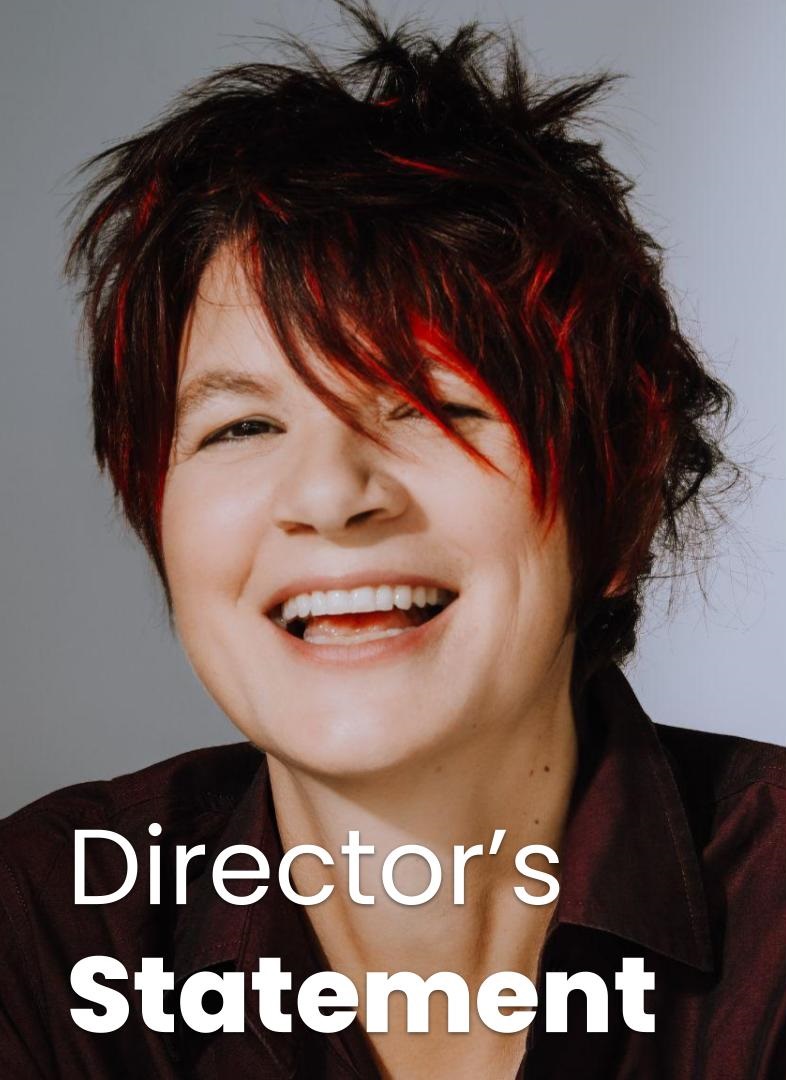
In 2016, I was seeking an active, character-driven story about a potential solution to the various emergencies facing our planet and future. I read about the world's first meatball made from animal cells, without the need to breed, raise and slaughter billions of animals. The more I researched it, the more I realised that this novel innovation had the potential to radically address the issues I care deeply about - animals, planetary health, and justice.
After a meeting of minds with Dr. Uma Valeti, a Mayo Clinic-trained cardiologist from Vijayawada, India, based in the San Francisco Bay Area, I felt certain there was a film. In 2015, Uma took a risky, passion-driven career turn and co-founded the world's first startup focused on the commercial viability of meat grown from animal cells. I sought the unique behind-the-scenes access required to feature him and his small team in a documentary about the birth of this industry. They agreed, and over the next several years our lens was situated at the forefront of an uncertain yet historic and hopeful movement of change.
Chronicling an epic story in this way depends on the ability to witness evolving twists, turns, victories, breakthroughs, and challenges. And while we were given unprecedented access to some aspects of the company's operations, intellectual property concerns common to start-ups made it impossible to tell a fuller story. Despite limitations, the film team and I were able to document and craft a complex story told over time, one that humanises this topic through the eyes of early-stage pioneers at ground zero of the next agricultural revolution.
The industry continues to evolve at a rapid pace with private and public investments, breakthroughs, hopes and disappointments, and new language. What the future holds for cultivated meat is unclear, but I believe its journey into the world, as memoralised in Meat the Future, will stand the test of time.
– Liz Marshall,
Writer-Director-Producer
Meat the Future
